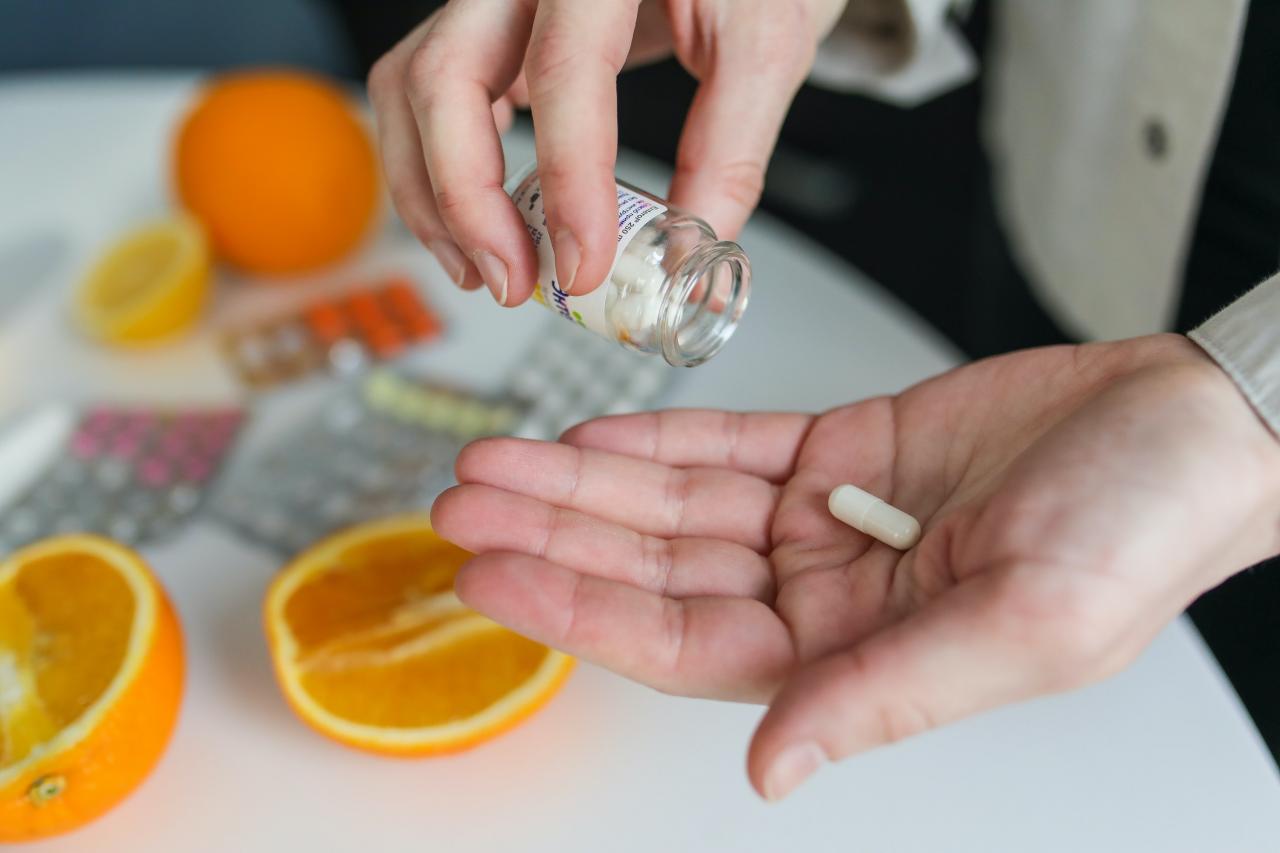Many people are interested in taking dietary supplements to improve their health, but some may not be aware that the FDA does not certify these products. In fact, the FDA only regulates a small number of supplements, and manufacturers are responsible for ensuring the safety of their products. This can be tricky, as there have been cases where supplements have been found to contain dangerous ingredients. So how can you make sure you’re picking a safe and effective supplement?
What Is A Dietary Supplement?
A dietary supplement is a product that contains nutrients derived from food sources or synthetic sources. These products are designed to supplement the diet and provide additional nutrients that may be missing from the diet. Dietary supplements can come in many different forms, including capsules, tablets, powders, and liquid extracts. Dietary supplements are not intended to replace a balanced diet and should only be used as directed by a healthcare professional. If you are considering taking a dietary supplement, it is important to speak with your healthcare provider first to ensure that it is safe for you and will not interact with any medications you are currently taking.
Does The FDA Certify Dietary Supplements?
No, the FDA does not certify dietary supplements. The FDA is responsible for ensuring that all dietary supplements are safe and properly labeled, but the agency does not certify supplements. Certification is voluntary and is typically done by private organizations. When choosing a dietary supplement, it is important to research the product and choose one that has been certified by a reputable organization.
Ensuring Product Safety
There are many things to consider when ensuring the safety of dietary supplements. First, it is important to know that dietary supplements are not regulated by the Food and Drug Administration(FDA). This means that manufacturers do not have to prove that their products are safe or effective before they can sell them.
However, the FDA does have the authority to act against a supplement if it is found to be unsafe. It is also important to be aware of the potential side effects of dietary supplements. Just because a product is sold as a “natural” supplement does not mean that it is completely safe. Some herbs and other natural ingredients can interact with medications or have other potentially dangerous side effects. It is important to understand that dietary supplements are not a substitute for a healthy diet and lifestyle. Supplements can be beneficial when used correctly, but they should never be used as a replacement for healthy eating and exercise. There are bodies that do certify dietary supplements that you can look up to. Here are a few of the specifics.
NSF International
As more and more people look to supplements to improve their health, it’s important to know that these products are safe. That’s where NSF International comes in. It is an independent organization that tests and certifies dietary supplements to ensure they meet strict safety and quality standards.
USP Certification
The United States Pharmacopeia (USP) is a scientific, nonprofit organization that sets voluntary quality standards for medicines, supplements, and food ingredients. USP’s “Dietary Supplements Verification Program” helps to ensure that products labeled as dietary supplements meet certain quality standards.
NPA Certification
The NPA is a nonprofit trade association that represents the interests of the natural products industry. Part of its mission is to ensure that dietary supplements are manufactured in a way that meets strict safety and quality standards. Dietary supplements are regulated by the FDA as food, not drugs. The FDA does not approve dietary supplements before they go on the market. Dietary supplement manufacturers are responsible for ensuring that their products are safe. FDA monitors dietary supplements after they are on the market and acts if a product is found to be unsafe.

